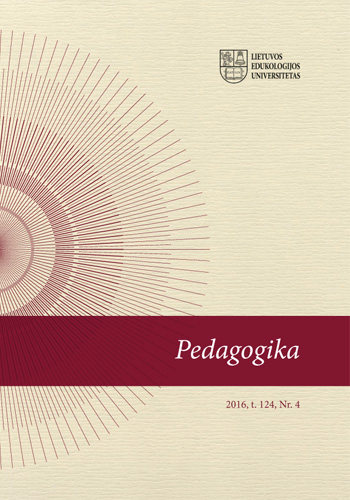Grindžiamosios teorijos tyrimo priemonių sudarymas: procesas, parametrai ir
rezultatai
Development of Instruments for Grounded Theory Research: Process, Parameters and Results
Author(s): Ramunė Bagdonaitė-Stelmokienė, Vilma ŽydžiūnaitėSubject(s): Methodology and research technology
Published by: Vytauto Didžiojo Universitetas
Keywords: grounded theory; interview; theoretical sampling; theoretical saturation; methodological versions(s);
Summary/Abstract: Grounded Theory (hereinafter – GT) is considered one of the most widely used research methodologies in social sciences. Due to different versions of GT, the development of instruments for research still poses particular questions. The article addresses the following research question: what are the process, parameters and outcomes (results) of development of instruments for research under different versions of GT? The aim is to summarize the methodological regularities and the logic of tools’ development within the different versions of GT. Though the research procedures applied in different versions of GT are slightly different, they share some common aspects: theoretical sampling is usually applied; an interview is employed for data collection (though other additional methods are used as well). GT analysis starts as early as data collection, while the result of GT is a new independent theory describing, explaining and substantiating the phenomenon. The GT is understood as contextual and situational theory rather than universally applied abstract theory.
Journal: Pedagogika
- Issue Year: 124/2016
- Issue No: 4
- Page Range: 80-91
- Page Count: 12
- Language: Lithuanian

